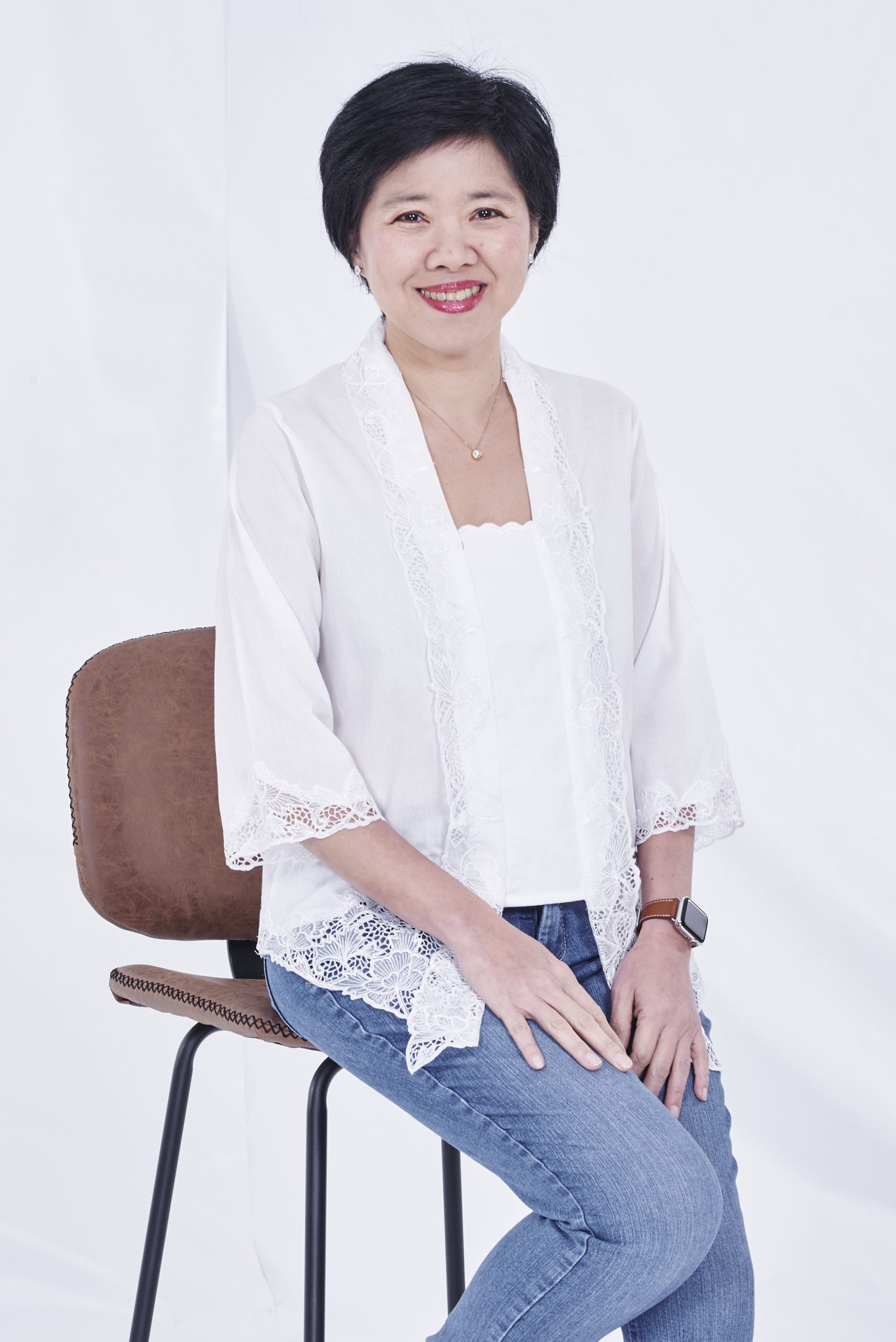President Director of Bank OCBC NISP
With 30 years of experience in the private banking industry, Parwati Surjaudaja has been leading Bank OCBC NISP, one of the oldest banks in Indonesia focusing on small and medium enterprises and retail banking , into becoming a model of good corporate governance. She is now making it a gender bond pioneer in Indonesia.
‘No time to lose’ is a mantra that has followed and driven Parwati from the moment she finished high school and embarked on her career. Her initial dreams of becoming a paediatrician were set aside when she learnt her father had only three years left to live. She decided to take a fast-track to graduation and opted for Accounting and Finance, instead of the long studies a medical career would require. She successfully wrapped up a Bachelor’s degree with honors and her MBA in the United-States, before quickly returning to her family in Indonesia. From her parents, she inherited the value that nothing in life is impossible. She worked her way up to the top leadership position of the now Bank OCBC NISP she first joined in 1990, while becoming a mother of four. “My father not only taught me to never give up easily when you face difficulties, but also to keep you excited once you overcome these challenges, to move to an even higher level. It is like passing a school exam. You get ready to step into the next grade” Parwati illustrates.
Parwati describes motherhood as her most valuable career and personal development asset. “My children are the ones who pushed me out of my comfort zone to pursue challenging roles. When I was offered to become the President Director of Bank OCBC NISP in 2008, they encouraged me to embrace this opportunity. Their never-ending support motivated me to be both a better mom and a career woman” she says.
Since Parwati took Bank OCBC NISP’s leadership, it has been awarded as “the most trusted enterprise” in Indonesia for eight times in a row, also becoming a pioneer publicly-listed bank in sustainable finance. It is no wonder that it was elected by the International Finance Corporation (IFC), a member of the World Bank Group, early March 2020, as the most suitable partner to issue the first privately-placed gender bonds in Indonesia. The US$ 200 million of investment it secured from the IFC is part of the bank’s Sustainable Bond Program, which includes now green and gender bonds. As such, Bank OCBC NISP approaches gender through the more comprehensive lens of sustainable development applied to private finance.
From her 30 years in the financial industry, Parwati knows however that trust is something you have to earn, meaning fulfilling your promises to your stakeholders. In the field of gender bonds, Bank OCBC NISP aims to develop a comprehensive reference guide to screen, identify and manage social impacts for any eligible projects. This may involve third party gender specialists, such as the Women Entrepreneurs Finance Initiative (We-Fi) who backs the initiative. To her, it is crucial to develop a targeted approach for women SMEs and to ensure a rigorous reviewing process, to align not only with the IFC’s global gender bond standards, but also with the Indonesian government’s development goals to reduce the gender gap. “We didn’t wait for a financing opportunity to actualize gender equality in our industry. We have engaged in the gender bond program, not because the IFC opened new special funds for that, but because we believe in it and it is aligned with our enterprise’s values”, recalls Parwati.
Women Small and Medium Enterprises (WSMEs) play a central role in the nation’s economy, with women owning 50% of small businesses and 34% of medium enterprises. Yet, according to the IFC, about 40% of WSMEs in the country are financially constrained. “As a financial institution, we need to offer alternatives to help women meet their collateral requirement, since immovable collaterals are frequently registered under the husband or father’s name” says Parwati. For Parwati however, one of the major setbacks in the current society is the fact that women are still trapped within the multiple social roles they have to endorse. “More capacity-building initiatives are needed in the areas of self-esteem, time management, or other soft and hard skills, to help women entrepreneurs better equip themselves to face the business world” she suggests.
Parwati triggered ‘day one’ for private-sector gender bonds in Indonesia, gearing up the GLI conversation to provide bold and large-scale funding capacities. She is bringing forth a new tool that could connect international financial institutions with small and medium Indonesian women-led businesses.
To maintain the long-term momentum and effectiveness of this ground-breaking project top-down initiatives must work in concert with capacity-building to embolden women entrepreneurs at every level of society. For well-minded Startup Assistance Organisations and influencers, this is the moment to step in and ensure the vertical integration of the GLI funding chain.





